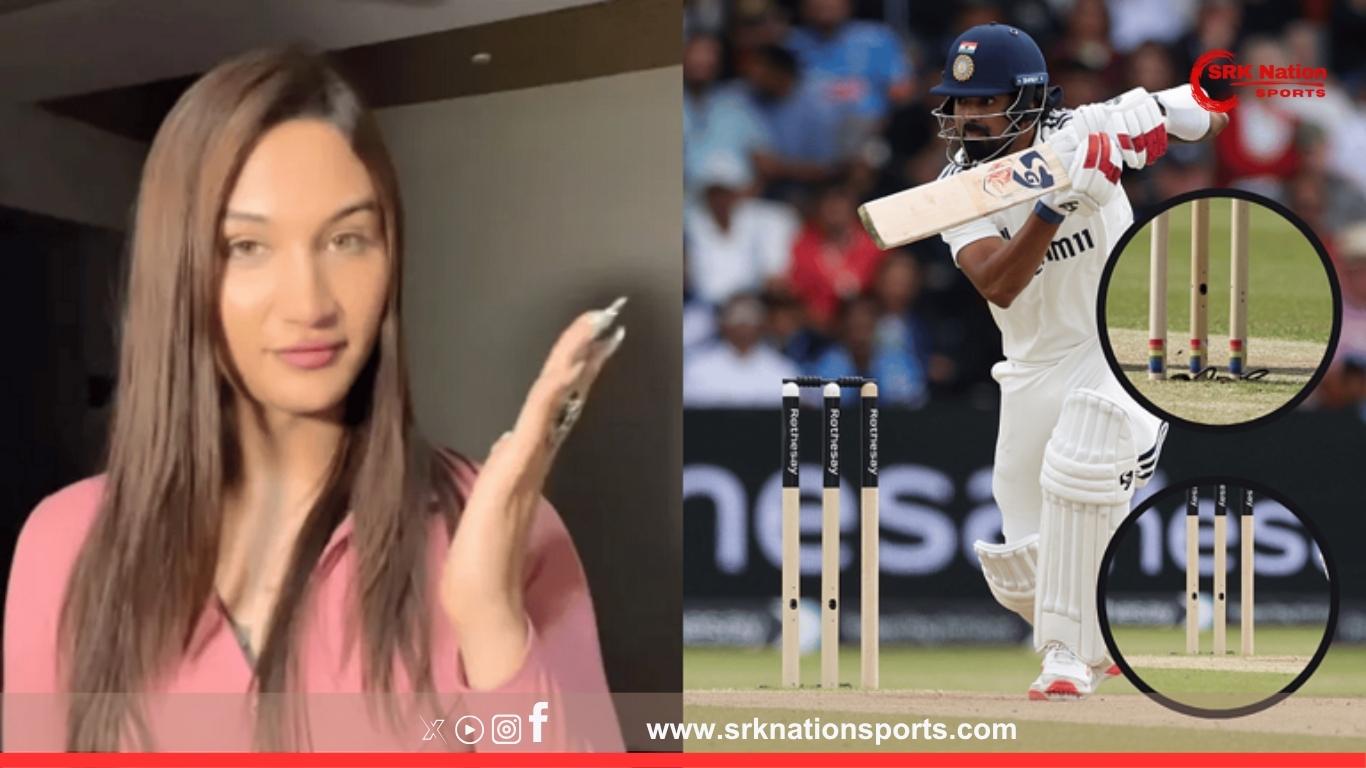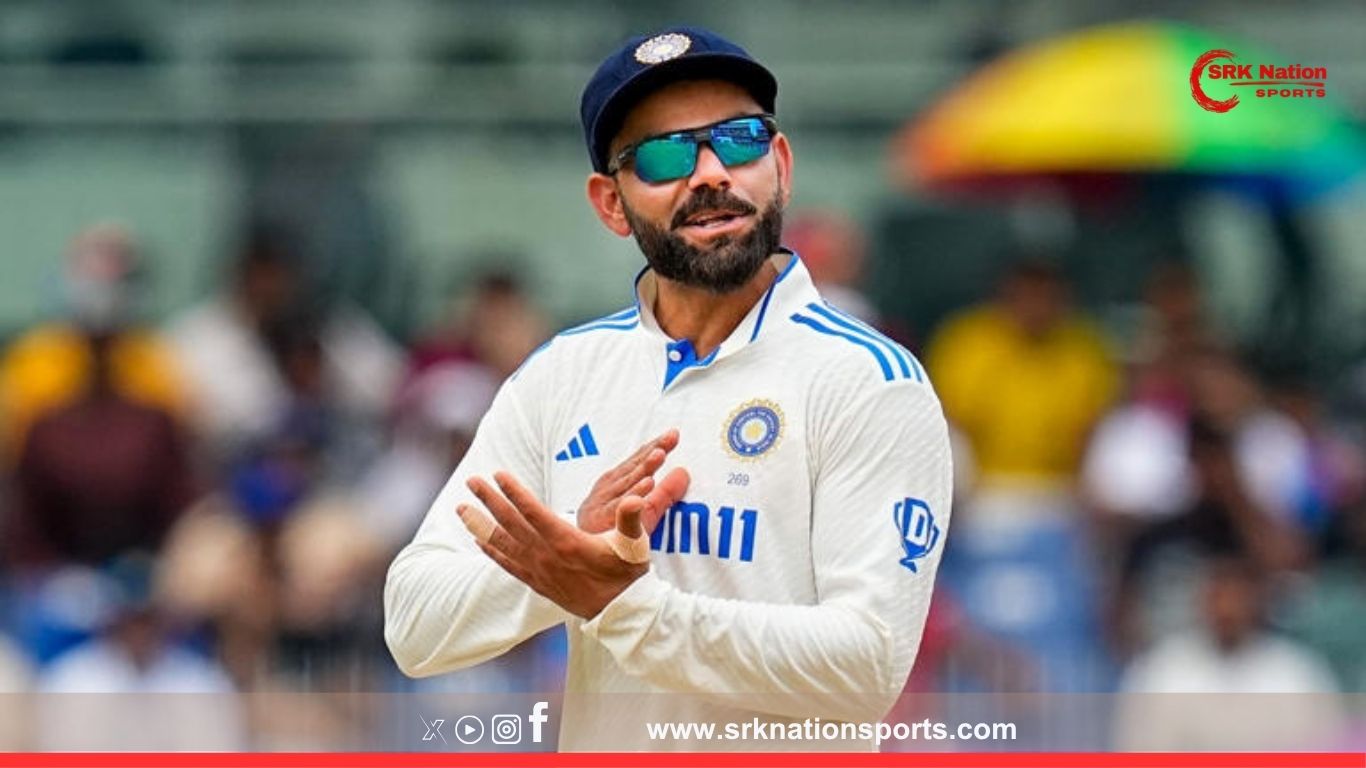England batter Harry Brook etched his name into the Test cricket record books by becoming the first player in history to score 99 in the first innings and a golden duck in the second of the same match. The unique feat occurred during the first Test against India at Headingley, Leeds, on June 24, 2025.
A Tale of Two Innings
Brook dazzled in the first innings with a fluent 99 off 112 balls, smashing 11 fours and 2 sixes before falling agonizingly short of a century to Prasidh Krishna. However, his fortunes reversed dramatically in the second innings when he was dismissed first ball by Shardul Thakur, edging a leg-side delivery to wicketkeeper Rishabh Pant.
This rare combination of scores—99 and 0 (golden duck)—has never been recorded in the 147-year history of Test cricket, making Brook’s performance a statistical anomaly.
Joining a Rare Club
While Brook is the first to score 99 and a golden duck in the same Test, he becomes the sixth batter overall to register 99 and 0 in a single match. Others in this elite list include:
- Pankaj Roy (India) – vs Australia, 1959
- Mushtaq Mohammad (Pakistan) – vs England, 1973
- Andrew Hall (South Africa) – vs England, 2003
- Misbah-ul-Haq (Pakistan) – vs West Indies, 2017
- Babar Azam (Pakistan) – vs Australia, 2018
England’s Chase and Brook’s Role
Brook’s dismissal came at a crucial juncture as England chased a daunting 371-run target. While Ben Duckett’s 149 anchored the innings, Brook’s early exit added pressure before England eventually sealed a five-wicket win.
A Career of Highs and Lows
Despite the setback, Brook’s Test career remains impressive. Since debuting in 2022, the 26-year-old has amassed over 2,400 runs, including eight centuries, and is widely regarded as one of England’s brightest red-ball talents.
🔁 Share this article to relive Harry Brook’s historic Test moment and the statistical oddity that stunned cricket fans worldwide.











